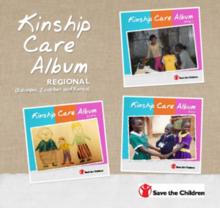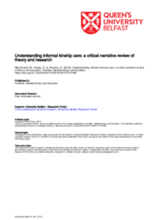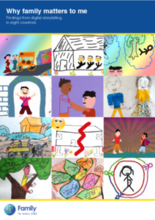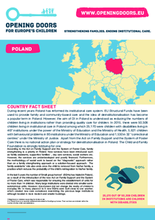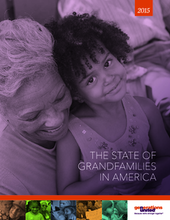Displaying 361 - 370 of 608
This study tests the psychometric properties and construct validity of the Family Needs Scale using sample of 303 informal kinship families recruited through local child welfare and social services in New York, USA.
This Regional Kinship Care Album is a compilation of the 3 country albums (Kenya, Ethiopia and Zanzibar) bringing together information from children, young people and adults collected during the Kinship Care Research that took place in each of the three countries from late 2013 through 2014.
The overall objective of this study was to deepen understanding on the experiences and support systems of grandparent-headed households with children of prisoners (CoP) in Uganda.
This article presents a comprehensive, narrative review of international, research literature on informal, kinship care.
This report examines what family means to children and adults in the following countries: Brazil, India, Guyana, South Africa, Egypt, Mexico, Russia, Kenya. The storytellers use evidence from 59 short films made using digital storytelling technique.
This Country Fact Sheet discusses Poland’s recent reforms to its institutional care system.
This chapter discusses the practice of child circulation in Ghana.
As of this Fact Sheet, Serbia has no comprehensive deinstitutionalization strategy.
The State of Grandfamilies in America 2015 identifies key state laws and policies designed to address barriers and to better support grandparents and other relatives raising children. The report also offers recommendations to help guide the development of supportive federal and state policies and services for grandfamilies.
This systematic review evaluated the effect of kinship care placement compared to foster care placement on the safety, permanency, and well-being of children removed from the home for maltreatment.

